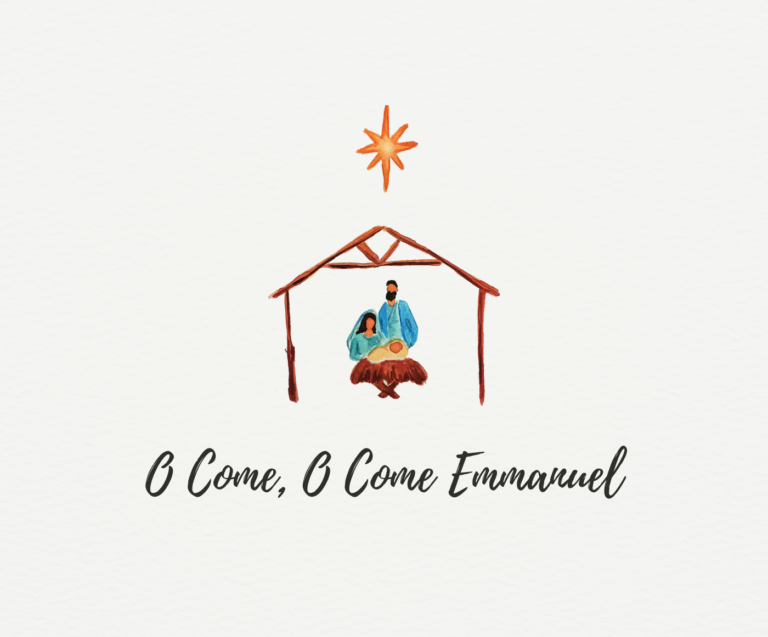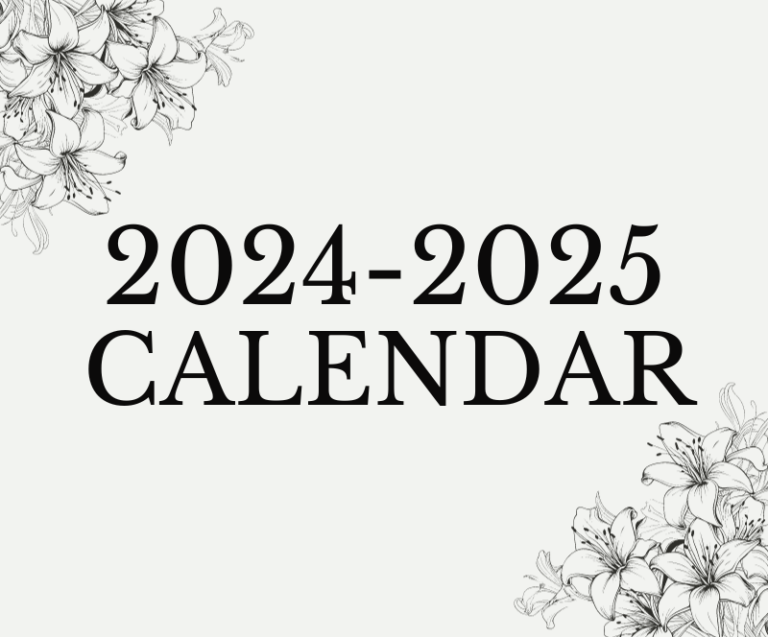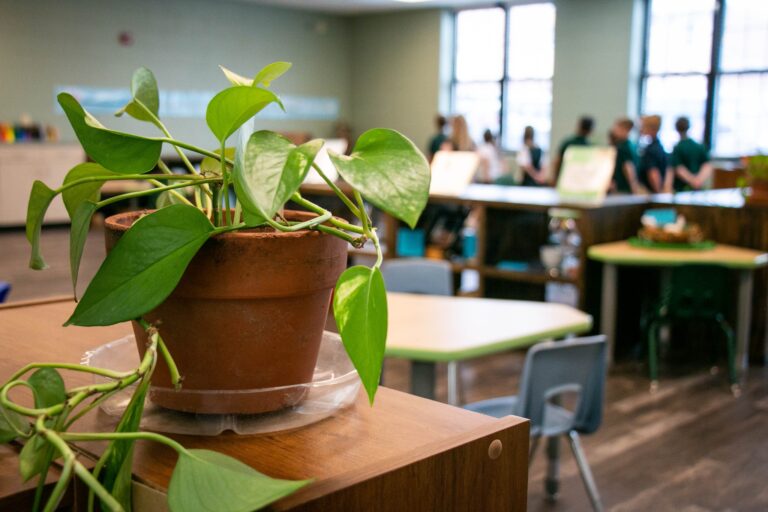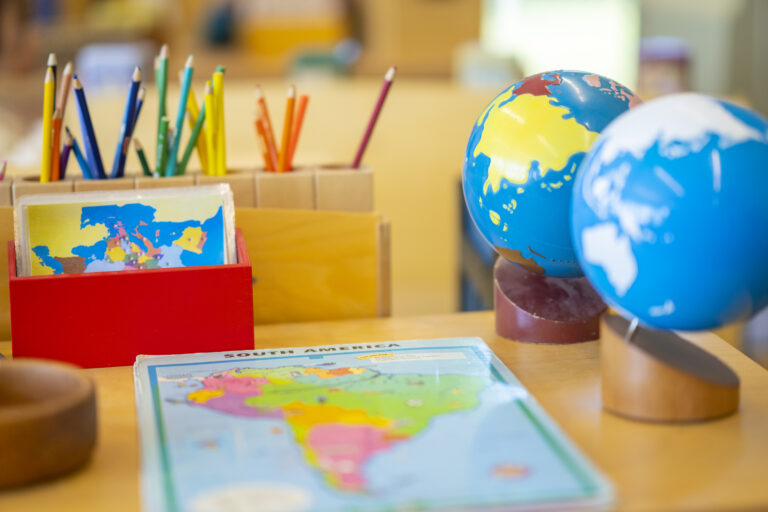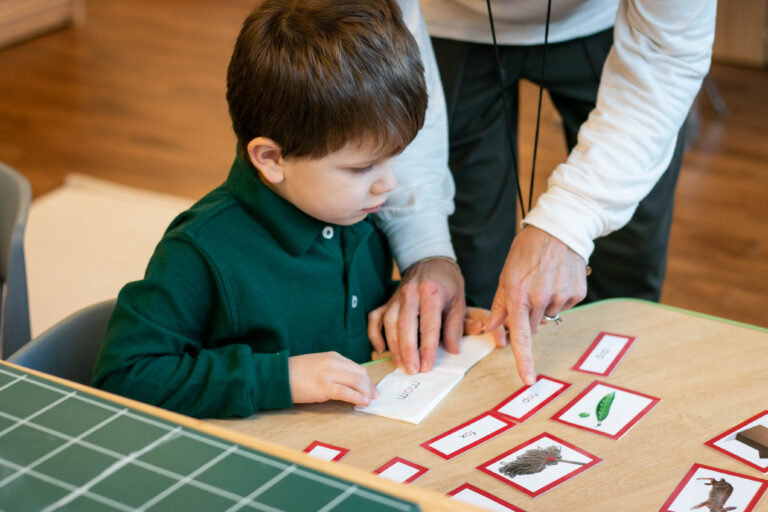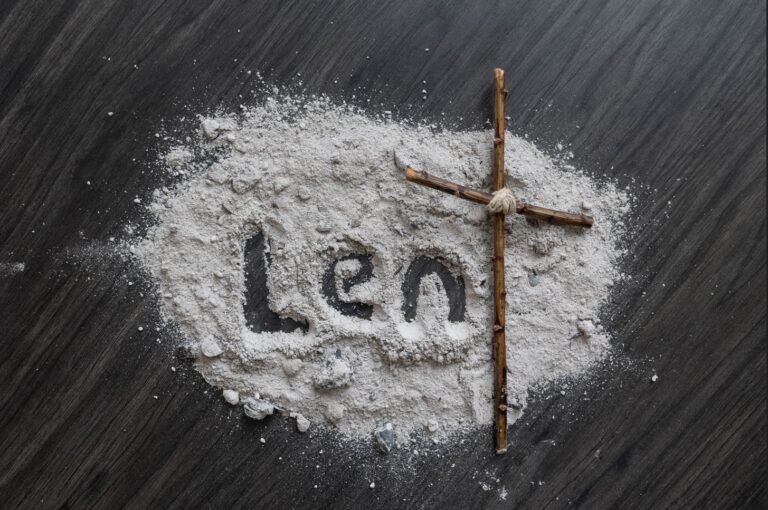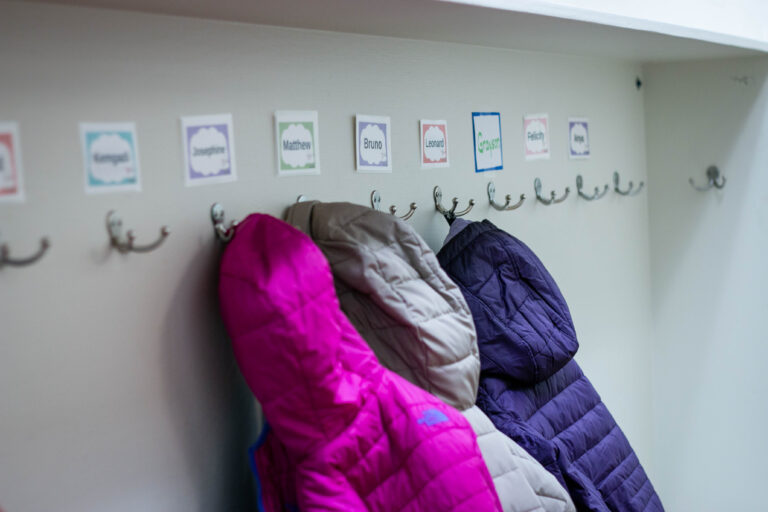Montessori Education at St. Mary School
- Home
- Montessori Education Overview
Forming the whole child—mind, heart, body, and soul—with order, beauty, and freedom.
What Is Montessori Education?
Montessori education is a deeply humanizing approach that respects the child as a person—capable of growth, interior order, and joyful discovery when placed in the right environment. Children move at a self-paced rhythm, yet never alone: their work is guided and enriched by trained teachers who understand the stages of human development, attentive peers who model grace and competence, and an environment intentionally designed to support concentration and self-mastery.
At the heart of authentic Montessori is the prepared environment:
a space ordered in beauty, simplicity, and purpose. Dr. Maria Montessori and her collaborators developed precise materials over many decades—materials that teach through action, offer built-in feedback, and invite the child to explore reality with clarity and confidence.
Children work in mixed-age classrooms (typically three-year groupings), allowing older students to lead naturally and younger children to be drawn upward by example. Lessons are given one-on-one or in very small groups, respecting the child’s individuality and fostering the relational dimension of learning.
Our curriculum includes the full Montessori tradition:
- Practical Life
- Sensorial
- Language
- Mathematics & Geometry
- Geography & Culture
- Science
- Music & Art
Each area is intentionally crafted to develop the child’s intellect, imagination, virtue, and independence—helping them become persons who perceive the truth of the world and act freely within it.
Why Montessori?
In an age of overstimulation and performance pressure, Montessori offers children something increasingly rare:
an environment where they can grow in peace, purpose, and interior order.
When children are given time, space, and meaningful work:
- They develop deep concentration.
- They learn to choose well and take responsibility.
- They become confident, collaborative, and genuinely curious.
- They acquire habits of mind and heart that support lifelong learning.
In other words—Montessori forms children for both academic strength and human flourishing.
What the Research Shows
Across multiple long-term studies, children who attend authentic Montessori programs demonstrate:
- stronger executive functioning
- higher academic achievement in math, science, and reading
- improved social and emotional development
- greater well-being into adulthood
Perhaps most importantly, they show a capacity for self-direction, perseverance, and moral reasoning—qualities that align with our vision of the child as a growing, truth-seeking person.
The Vision of St. Mary Montessori
Our program integrates the best of Montessori pedagogy with the richness of Catholic anthropology: the human person as created, known, and loved by God.
You’ll see:
- a calm, orderly space that supports clear thinking and emotional stability
- teachers who lead with gentleness and clarity, helping children form virtue through consistent expectations
- freedom ordered toward the good, not mere choice for its own sake
- a community where each child’s unique gifts are recognized without comparison or reward-dependence
- work that trains the mind and the will, helping children grow in confidence, competence, and joy
These elements echo Baars’ insights: a child flourishes when their environment is truthful, predictable, and rooted in reality—when they are gently guided to align their emotions, choices, and habits with what is genuinely good.
Montessori does not rush the child or fragment their attention. It invites them into an ordered world where learning flows naturally from purposeful activity. This cultivates the inner stability and resilience necessary for the later years of classical education.
A Foundation for Life
Children who begin in Montessori develop:
- a love for learning
- a habit of reflection
- an ability to work independently and collaboratively
- confidence grounded not in praise, but in real mastery
- emotional steadiness and social awareness
- respect for themselves, others, and their environment
These qualities prepare them beautifully for our Upper School’s classical model, where they will be asked to think deeply, engage with ideas, pursue truth, and contribute to their community with integrity.

